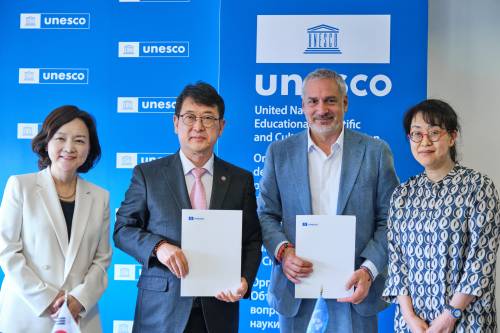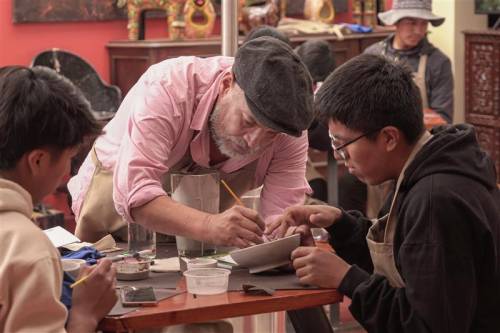Tarcila Rivera Zea is a Peruvian indigenous rights activist. She grew up speaking Quechua and only learnt Spanish at the age of 10 when she started attending school. Since a young age, she has defended the rights of indigenous peoples, and embraced and promoted her cultural heritage as well as her indigenous language.
During the military dictatorship she worked for a governmental institution that sought to value all aspects of Peru’s history and its roots. As a result of their work, the Quechua language was declared official and Quechua speakers were permitted to freely speak their language in public for the first time.
Since then she has worked to strengthen these roots and deal with the fears of her people stemming from experiences of exclusion and racism. She has spent over 30 year defending indigenous rights through CHIRAPAQ, the Center for Indigenous Cultures of Peru, an association that promotes the affirmation of cultural identity and the education of indigenous women and young leaders, as well as promoting indigenous cultural heritage.
In 2019, Tarcila was invited to inaugurate the UNESCO exhibition on indigenous languages: ‘Sounds of living heritage: A journey through indigenous languages’, which was presented in Bogota, Colombia during the 14th Session of the Intergovernmental Committee for the Safeguarding of the Intangible Cultural Heritage. She is also a member of the International Commission of UNESCO’s ‘Futures of Education’ initiative.
Tarcila recently spoke with the Secretariat of the 2003 Convention about the UNESCO’s role and the challenges involved in safeguarding indigenous languages as a vehicle of heritage transmission. Read the complete interview here.
27 February 2020




